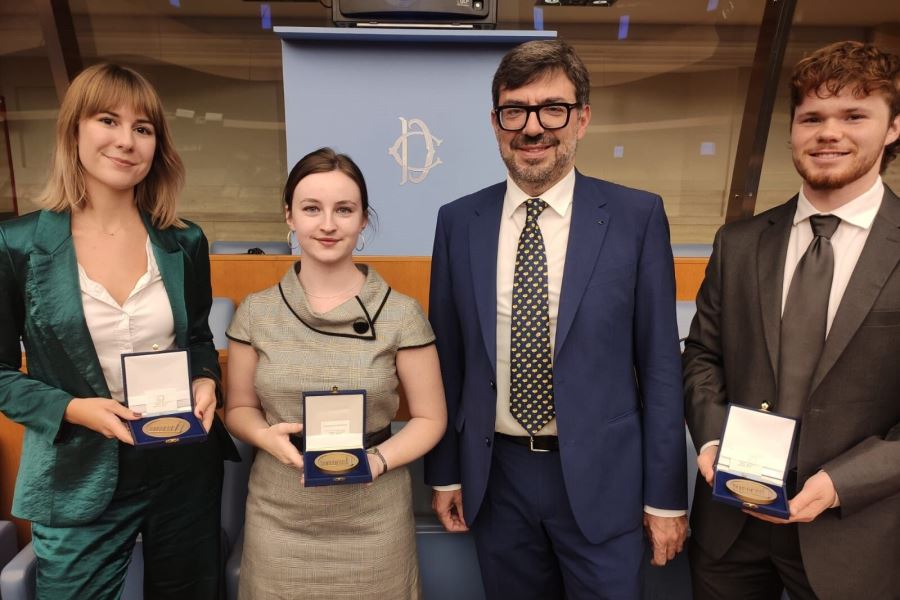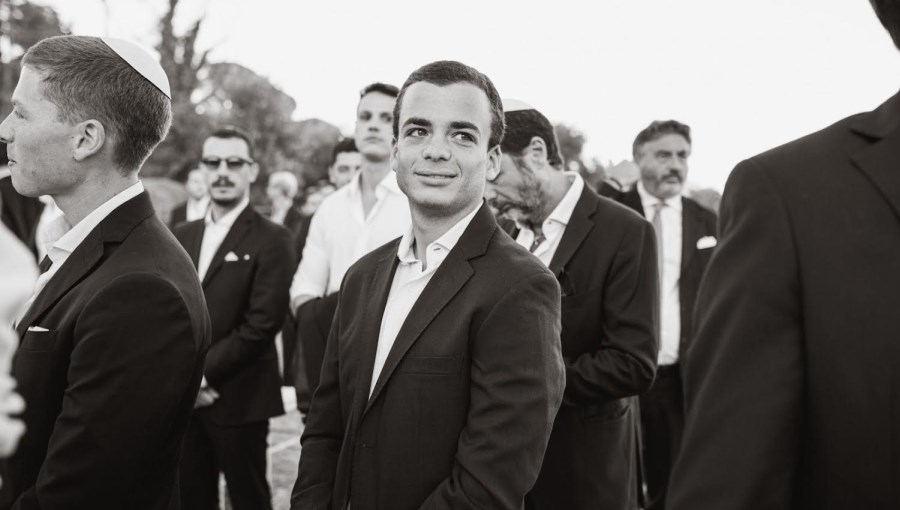Alessandro Signorini: How to Support a Dream Through Fundraising

Professor Alessandro Signorini
Marketing Professor Alessandro Signorini was invited to talk about fundraising for NGOs in the context of the JCU Service Learning program on March 5th. Since 2000, Prof. Signorini has cooperated in fundraising projects for a number of non-profit organizations, primarily Bioversity International, the World Food Programme, Oxfam, Soleterre Onlus, and Ashoka
Professor Signorini started with a general overview and explained the rewards and challenges of being a fundraiser. The word fundraising refers to the organized activity of gathering financial support for an organization, project or cause. Fundraising is carried out through marketing strategies that can help generate the capital required to promote the organization’s cause.
Research shows that donors are most inclined to give money to a specific cause or project rather than make a generic remittance to an organization. Professor Signorini proceeded to introduce the importance and impact of telling personal stories. If an organization is raising money for an NGO that advances migrants’ rights, finding a connection to those who will benefit from the donation is of key importance for potential supporters.
Interestingly, 60% of the overall donations to non-profit organizations come from women, who tend to mostly finance humanitarian causes and seem to be supportive of projects that promote community life, and human rights (specifically women and children’s rights). Men, on the other hand, account for only 15-20% of donations and prefer investing in more “practical” and short-term issues, such as supporting reconstructions after natural disasters. It is therefore imperative that fundraisers target the best group of potential supporters, and thus tailor strategies around different clients, interests, and expectations.
When students raised concerns regarding ethics, Professor Signorini explained that the stories selected by fundraisers must never exploit participants and must only be used with their consent. Moreover, Signorini touched on the principle of integrity and transparency within fundraising, and the importance of providing guarantees that donations will be utilized as the donor requested. Skepticism often hinders aid. It is estimated that only 10 to 15% of people who are contacted by fundraisers actually choose to support a cause. However, what matters is that those who do decide to invest their money and time in a project trust it and will continue to care for it in the future.
Being able to use marketing strategies and not taking “no” for an answer are among the most important tasks of a fundraiser – he or she has to relentlessly believe in people and convince donors to invest in causes that generate hope, build bridges, and make the world a better place.





